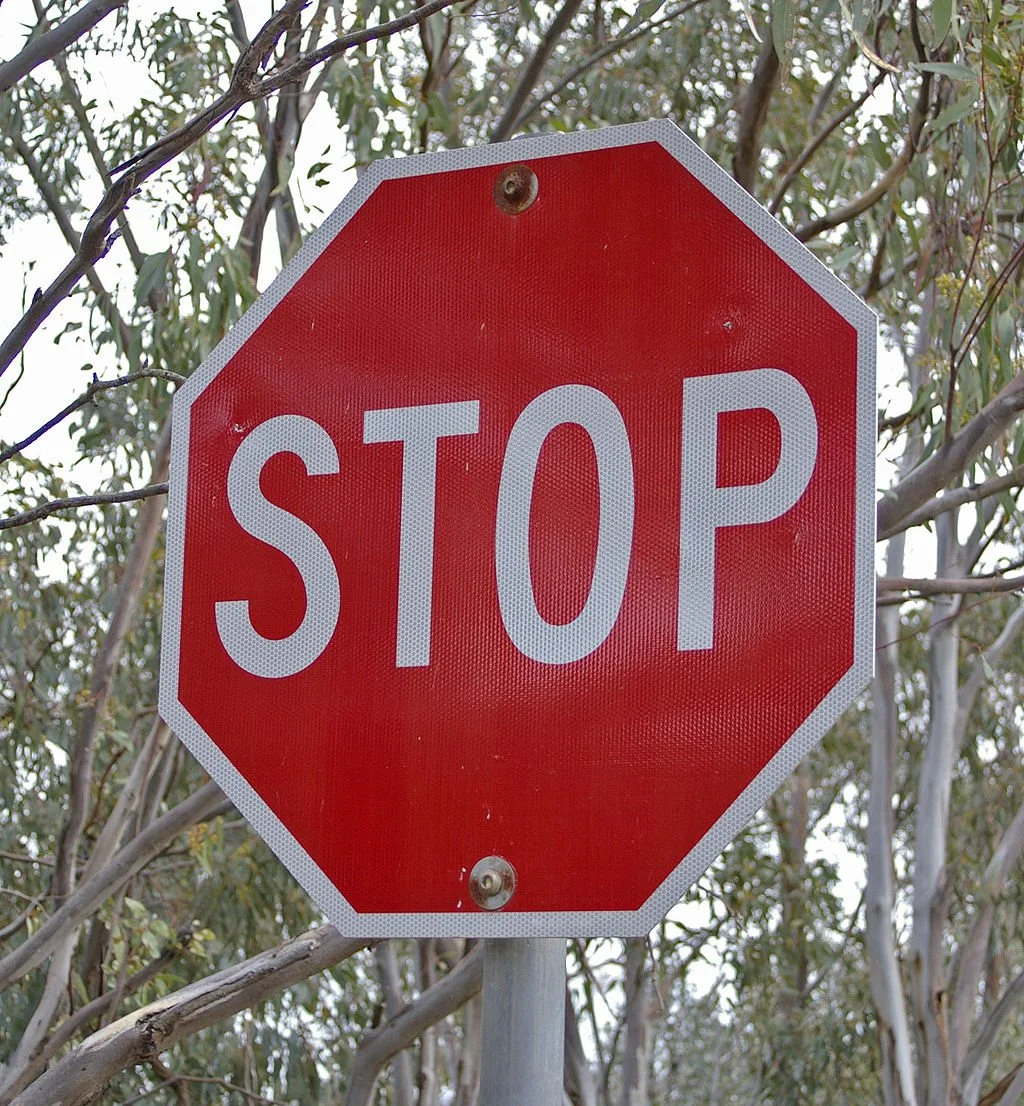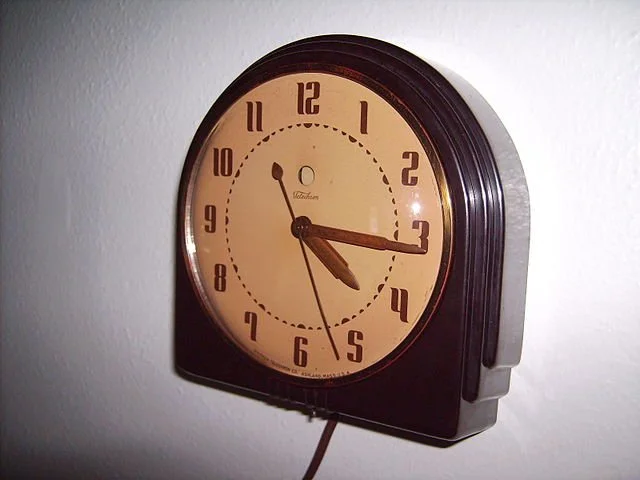![Taking a Deposition]()
The deposition should start by following the script of questions that the lawyer prepared. But witnesses will frequently give unexpected answers. This is why I keep an eye on the transcript (I usually pay extra for the “Real Time” screen that lets me see the transcription of what was just said) and, if the answer leads to more questions or if the answer is unclear or unresponsive, I follow up until I get a clear answer.
Read More
![More Thoughts on Temporary Restraining Orders]()
Temporary Restraining Orders frequently arise in disputes arising from the use of confidential material or intellectual property. This may be because it is difficult to quantify the damage arising from improper use of confidential material and so a money judgment may not properly compensate a plaintiff.
Read More
![Litigation in Slovenia]()
Slovenia is a civil law country, so we don’t need to state the law as much as in common law. As a result, 10-20 pages for an initial complaint is average, but it depends on complexity. The complaints in simple cases could be shorter.
Read More
![Comments on Recent Cases: December 2024]()
An important part of litigation is the motion for summary judgment. It is a litigant’s opportunity to avoid a trial on the grounds that the opponent has no evidence that can support her claims or defenses. But to prevail, a movant needs good evidence herself.
Read More
![More Thoughts on Releases]()
In a settlement negotiation, the defendant's main objective is to get a release from the plaintiff. A defendant usually offers the plaintiff money in exchange for a promise by the plaintiff not to sue and to end any existing litigation. But the defendant usually also wants a release from the plaintiff because it legally ends the threat of any future litigation by the plaintiff on the subject of the dispute.
Read More
![More Thoughts on Confidentiality]()
Lawyers are not public relations specialists, and so they may not consider how a particular argument could be viewed in the court of public opinion or how a statement could be viewed out of context.
Read More
![Litigating From Home]()
When I worked in an office, I almost always bought lunch at local lunch places. In midtown Manhattan, that would cost millions of dollars each week. Now, I make sandwiches, eat leftovers, or make other quick meals.
Read More
![Litigation in Botswana]()
The way that customary law works, it applies to people who live in tribal communities where the value of claim is usually very small. So when you deal with commercial disputes, the amount at stake is higher and so civil law applies.
Read More
![Comments on Recent Cases: November 2024]()
A principal question a lawyer must ask before commencing litigation is who the correct plaintiff should be. Not every plaintiff has standing to bring a lawsuit, and making the wrong choice may not be easy to fix. In some cases this is an easy question, but in others it can be more difficult.
Read More
![Deadlines]()
Unlike the deadline to answer an initial demand or pleading, the deadline to file an appeal is often strict. A good appeal, filed late, may be dismissed for the lateness alone. As a result, litigants have to be vigilant to make sure they file their notices of appeal on time.
Read More
![More Thoughts on Defaults]()
Judges do not just rubber stamp requests for default judgments. They often scrutinize a plaintiff’s request for one to make sure they served papers correctly and that they submitted adequate evidence to support their case.
Read More
![Litigation in South Korea]()
Korean courts are efficient, with specialized judges who have strong expertise in commercial law, making them effective at handling complex disputes. Their focus on written submissions ensures clarity and thorough consideration of the issues.
Read More











